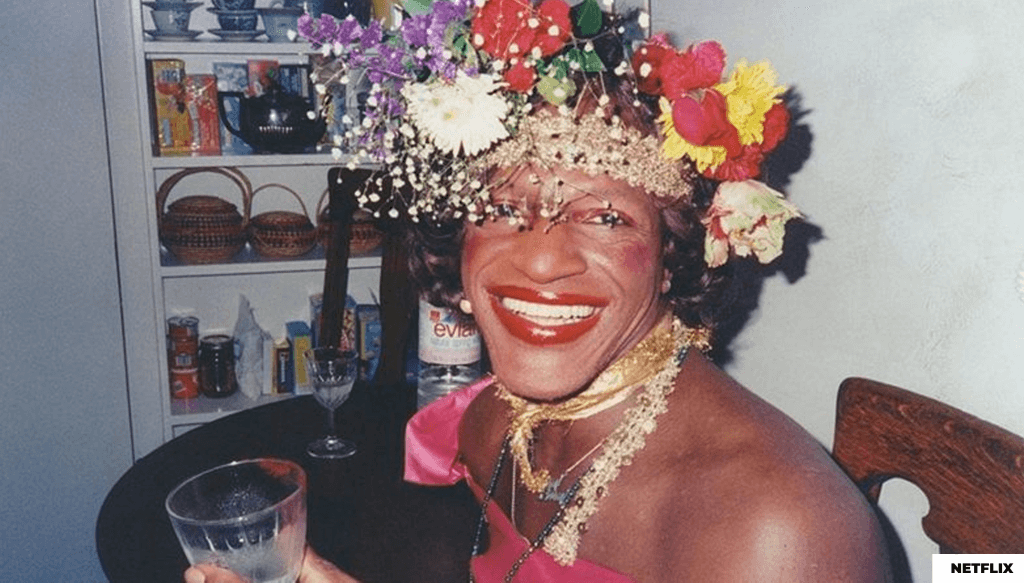Pride Month – The story of Marsha P. Johnson
June is designated as Pride Month in Canada. It all began in 1924 in the United States when Henry Gerber founded the Society for Human Rights. This event, which was a real trigger, manifested itself a few years later on June 28, 1969 at the Stonewall Inn in New York’s Greenwich Village.
Police raided this popular gathering place for gay, lesbian, bisexual, and transgender youth, arresting staff members for selling alcohol without a license, brutalizing many patrons, and emptying the bar. Outside, a crowd watching, as bar patrons were shoved into police vans, became enraged.[1]
Those present at the time of the riot began throwing objects at police who were harassing the LGBTQ2+ community. Police officers in question had to take refuge inside the bar to call for reinforcements. In the meantime, some 400 people had joined the demonstration, denouncing the injustice done to this community. The revolt lasted five consecutive days. These riots, known as the Stonewall Riots, were the beginning of a solidarity movement for LGBTQ2+ rights, and became the genesis of the struggle for trans rights led by the iconic Marsha P. Johnson. This woman played a pivotal role as a black activist and drag queen and symbol of the Stonewall Riots.
Marsha P. Johnson has been fighting for LGBTQ2+ rights all her life. This African-American drag queen was at the forefront of the Stonewall Riots in 1969, denouncing the harassment suffered by the community, and went so far as to throw bricks at the windshields of police cars. It was during this rebellion that she became an icon for LGBTQ2+ identity. A year after these events, on June 28, 1970, she participated in the Pride Parade in New York City.
“I’ve been beaten, thrown in jail, lost my job — all for gay liberation. It’s time for a revolution,” said Marsha P. Johnson.[2]
Johnson co-founded the STAR (Street Transvestite Action Revolutionaries) Association to help transgender youth in New York. From the emergence of AIDS in the 80s, she brought major support to HIV positive people through her involvement in the political association ACT UP, to raise awareness and help the community during the AIDS epidemic.

Marsha P. Johnson, David France © Netflix
In July 1992, at the age of 47, she was found floating in New York’s Hudson River. Her death was classified by the authorities as a suicide. However, her family and friends refused to accept this conclusion, as she was not suicidal. The investigation was reopened in 2012. The Netflix platform screened a biographical documentary directed by David France: The Death and Life of Marsha P. Johnson (2017).
[1] https://www.loc.gov/lgbt-pride-month/about/
[2] https://www.linternaute.com/actualite/biographie/2500801-marsha-p-johnson-une-revolutionnaire-lgbt-dont-la-mort-demeure-un-mystere/
